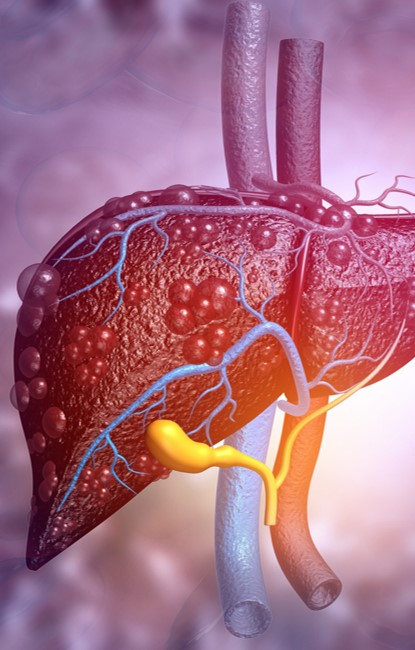Marine polysaccharides for liver inflammation

Non-alcoholic steatohepatitis (NASH) is a type of fatty liver disease. Whilst resembling hepatitis caused by alcohol consumption, it occurs in low (or non) alcohol users. NASH is increasing in global prevalence and is typically caused by a high fat diet. Outcomes can be severe and when left untreated NASH can result in liver fibrosis and even liver cancer. Current available drug treatments both relatively ineffective and responsible for a range of adverse side effects. There exists urgent global need for safe and effective therapies.
The non-toxic nature of marine algal polysaccharides, fucoidans included, present significant potential for treating NASH. A 2023 review paper has summarised the protective effects of marine algal polysaccharides on NASH, noting their wide range of benefits – from enhanced immune function through to regulating lipid metabolism. The paper also highlighted the mechanisms of marine algal polysaccharides in addressing NASH and their range of bioactive properties.
The review provides insights into the potential of marine polysaccharides to assist in addressing NASH. The researchers highlighted a range of encouraging observations throughout the scientific literature and suggested there is valid evidence to warrant further investigations into their potential for incorporation into future therapies.
The full paper, ‘Marine algal polysaccharides as future potential constituents against non-alcoholic steatohepatitis’, was published in the International Journal of Biological Macromolecules.